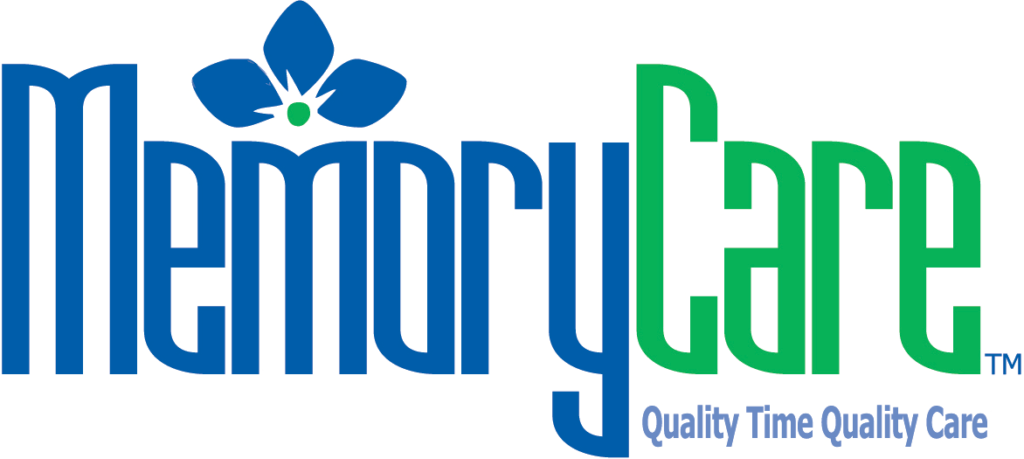The Alzheimer’s News Today released an article “Overcoming Barriers to Early Diagnosis in Alzheimer’s, Dementia” that contains an interview with MemoryCare Founder, Dr. Margaret Noel.
A gold star dementia clinic
A success story of a profitable, albeit not by much, care center for people with Alzheimer’s can be found in the rural area of western North Carolina, where nearly 25% of the population is 65 years or older, and thus at risk for cognitive impairment.
Memory Care was founded in 2000 in Asheville by Margaret Noel, MD, after she worked for 10 years as a geriatrician. Like Penn Memory Center, Memory Care relies on funding from public and private medical reimbursement and also donations from the surrounding community. According to the organization’s 2020 annual report, 58% of funding came from charitable support.
Noel, now director emerita and an ex-officio board member for Memory Care, said it will take more drastic changes in federal reimbursement for other struggling memory centers to keep their heads above water. The current procedural terminology (CPT) code for “assessment of and care planning for patients with cognitive impairment like dementia, including Alzheimer’s disease, at any stage of impairment” — CPT 99483 — pays out $282 to a center for these services per patient.
Increasing the reimbursement level, as the government did with hospice care, could be a way to make care centers sustainable, funnel more geriatricians into the field, and drive more accurate and timely diagnoses, Noel said.
“People who are in the last stages of life need a multidisciplinary, time-intensive model to die well,” Noel said in a video interview with Alzheimer’s News Today. “People with dementia need a multidisciplinary, time-intensive model to live well.”
Primary care doctors and neurologists, many of whom are not trained in geriatric medicine — or dementia, for that matter — are up against time restraints. In her center, Noel has made it a priority to facilitate quality care that allows physicians time to address a patient’s needs.
“If I needed to practice within the time constraints of the traditional model, I could not give good care to people living with dementia,” Noel said. “I really had to blow that apart, in order to create a program where both the families get what they need and patients get what they need.”
Click below to read the full article
